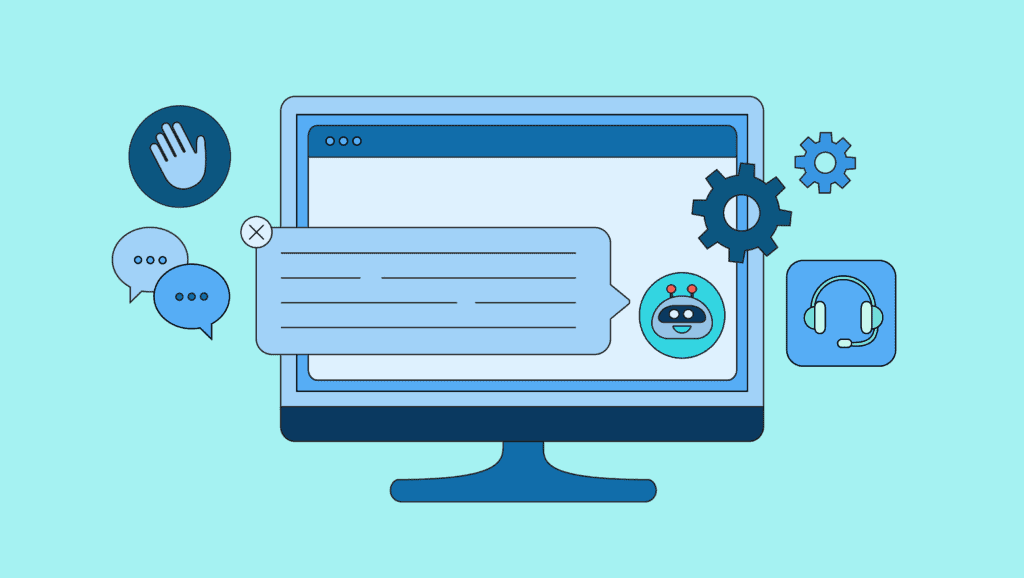Artificial Intelligence (AI) is a fascinating field that has revolutionized the way we interact with technology. From voice assistants to self-driving cars, AI has become an integral part of our daily lives. In this blog post, we will explore the fundamentals of AI, explaining its basic concepts and applications in a way that is both engaging and easy to understand.
What is Artificial Intelligence?
Artificial Intelligence refers to the development of computer systems that can perform tasks that typically require human intelligence. It involves the creation of intelligent machines that can learn, reason, and problem-solve. AI is divided into two main categories: Narrow AI and General AI.
1. Narrow AI
Narrow AI, also known as Weak AI, is designed to perform specific tasks efficiently. Examples of Narrow AI include voice assistants like Siri and Alexa, recommendation systems used by streaming platforms, and facial recognition software. These systems are programmed to excel in their specific domain but lack the ability to generalize beyond their designated tasks.
2. General AI
General AI, also known as Strong AI, aims to create machines that possess the ability to understand, learn, and apply knowledge across different domains. General AI would have cognitive abilities similar to human intelligence, enabling it to adapt to various situations and perform tasks that humans can do. While General AI is still a theoretical concept, researchers continue to explore ways to develop machines with such capabilities.
Applications of Artificial Intelligence
AI has found applications in various fields, transforming industries and enhancing human capabilities. Let’s explore some key areas where AI is making a significant impact:
1. Healthcare
In the healthcare sector, AI is being used to improve diagnostics, monitor patient health, and assist in surgeries. Machine learning algorithms can analyze medical data to detect patterns and identify potential diseases at an early stage. Additionally, AI-powered robotic systems can perform precise surgeries, reducing the risk of human error.
2. Education
AI is revolutionizing the education sector by personalizing learning experiences and improving accessibility. Intelligent tutoring systems can adapt to individual student needs, providing customized content and feedback. AI chatbots can also assist students in answering their questions and solving problems.
3. Transportation
Self-driving cars are a prime example of AI’s impact on the transportation industry. These vehicles use AI algorithms and sensors to navigate roads, detect obstacles, and make real-time decisions. Self-driving cars have the potential to improve road safety, reduce congestion, and enhance transportation efficiency.
4. Finance
AI has revolutionized the financial sector by automating processes, detecting fraud, and making data-driven investment decisions. Machine learning algorithms can analyze vast amounts of financial data to identify patterns and predict market trends. Chatbots are also being used in customer service to provide quick and accurate responses to inquiries.
The Importance of Ethical AI
As AI continues to advance, it is crucial to prioritize ethical considerations. Here are a few key aspects to consider:
- Privacy: Safeguarding personal data and ensuring its responsible use.
- Bias: Avoiding biases in AI systems to ensure fair and unbiased decision-making.
- Transparency: Promoting transparency in AI algorithms and decision processes.
- Accountability: Establishing accountability for the actions and decisions made by AI systems.
Artificial Intelligence is a powerful and transformative technology that has the potential to shape the future. By understanding its fundamentals and applications, we can appreciate the ways in which AI is improving our lives. However, it is equally important to approach AI development with ethical considerations in mind to ensure its responsible and beneficial use. As AI continues to evolve, it will undoubtedly bring about new possibilities and challenges, but with the right approach, we can harness its potential for the greater good of humanity.
Remember, AI is just beginning its journey, and we are all part of shaping its future!




